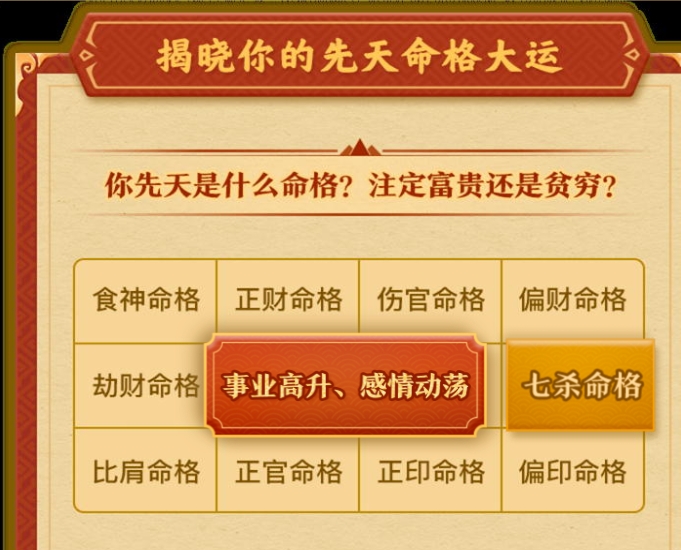How to Check Your Internet Speed Like a Pro?
Ever clicked on a video only to watch it buffer endlessly? Or tried joining a Zoom call that keeps freezing at the worst moments? We've all been there. That frustrating experience often comes down to one thing your internet speed. But how do you actually measure it? Let's break this down in plain English.
First things first, you need to understand that internet speed isn't some mysterious force. It's just how fast data travels between your device and the internet. Think of it like water flowing through pipes some pipes are wider (faster), some are narrower (slower). The speed test basically measures how much 'water' can flow through your 'pipe' every second.
Now, you might be wondering why your internet feels slow sometimes. Well, there are several factors at play here. Your internet plan's maximum speed, the number of devices connected, the time of day, even the weather can affect your connection. That's why running regular speed tests gives you the real picture of what's happening with your connection.
Let's talk about the three key numbers you'll see in every speed test. Download speed shows how fast you can pull data from the internet (like streaming videos). Upload speed measures how quickly you can send data (like posting photos). Ping measures the reaction time of your connection how fast you get a response after sending a request.
Here's how to prepare for an accurate test. Close all other programs and tabs that use internet. Pause any downloads or updates. If possible, connect directly to your router with an Ethernet cable instead of using WiFi. These steps help eliminate variables that could skew your results.
Choosing the right speed test website matters more than you might think. Some popular options include Speedtest by Ookla, by Netflix, and Google's speed test. They all work similarly but might give slightly different results. I'd recommend trying a couple to get an average.

When you run the test, here's what's happening behind the scenes. The test sends small packets of data between your device and the test server. It measures how long this takes and calculates your speed. The server location matters too testing to a server across the country will show slower speeds than one in your city.
Understanding your results is crucial. If your download speed is 50 Mbps, that means you can theoretically download 50 megabits of data every second. For context, HD video streaming typically needs about 5 Mbps. But remember, actual speeds are usually lower than your plan's advertised "up to" speeds.
Now let's tackle some common speed test mistakes people make. Testing over WiFi instead of wired connection. Running the test while other devices are active. Using an overloaded test server. Testing at peak internet hours. Ignoring multiple test results. These can all lead to misleading numbers.
What do the numbers actually mean for your daily use? Here's a quick guide. For basic browsing and email, 1-5 Mbps is fine. HD video streaming needs 5-10 Mbps. 4K streaming wants 25 Mbps. Online gaming needs fast ping (under 50ms) more than raw speed. Large file uploads benefit from higher upload speeds.
If your speeds are consistently below what you're paying for, try these troubleshooting steps. Restart your router and modem. Check for background updates on your devices. Test at different times of day. Try different test servers. If problems persist, it might be time to call your internet provider.

Here's something interesting your internet speed can vary throughout the day. Evening hours when everyone's online typically see slower speeds. Weekends might be slower than weekdays. Even your neighbors' internet usage can affect your speeds if you share network infrastructure.
Let me answer a question you might be thinking why do different speed tests show different results? Well, they might use different test servers. Some tests measure different aspects of speed. Network conditions change constantly. That's why averaging multiple tests gives the most accurate picture.
For those using WiFi, here's an important tip. Your internet speed is only as fast as your WiFi allows. Even with a 100 Mbps internet plan, an old WiFi router might only deliver 30 Mbps to your devices. Upgrading your router could make a bigger difference than upgrading your internet plan.
Mobile users should know that cellular speed tests work differently. Signal strength, network congestion, and your distance from the cell tower all affect results. Testing indoors versus outdoors can show huge differences. And remember, most unlimited plans slow down (throttle) speeds after certain data usage.
Advanced users might want to try these pro tips. Test at multiple times over several days to establish patterns. Try different test server locations. Compare wired versus wireless results. Monitor speeds during different activities. This data helps pinpoint specific issues.

Here's a reality check no internet connection delivers perfect speeds 100% of the time. Some fluctuation is normal. What matters is whether your speeds are consistently close to what you're paying for. If you're getting 80% of your advertised speed during peak hours, that's actually pretty good.
When should you consider upgrading your internet plan? If multiple devices struggle with basic tasks simultaneously. If you frequently wait for downloads or uploads. If your speed tests consistently show much lower than advertised speeds. But first, rule out equipment issues and network congestion.
Finally, remember that internet speed isn't everything. Reliability matters just as much. A stable 20 Mbps connection beats an unstable 100 Mbps one any day. Consistent ping times are crucial for video calls and gaming. And customer service quality can make all the difference when problems arise.
At the end of the day, knowing how to properly test and interpret your internet speeds puts you in control. You'll know when to troubleshoot, when to complain to your provider, and when to just accept that some slowdowns are normal. That's way better than just guessing why your video keeps buffering.